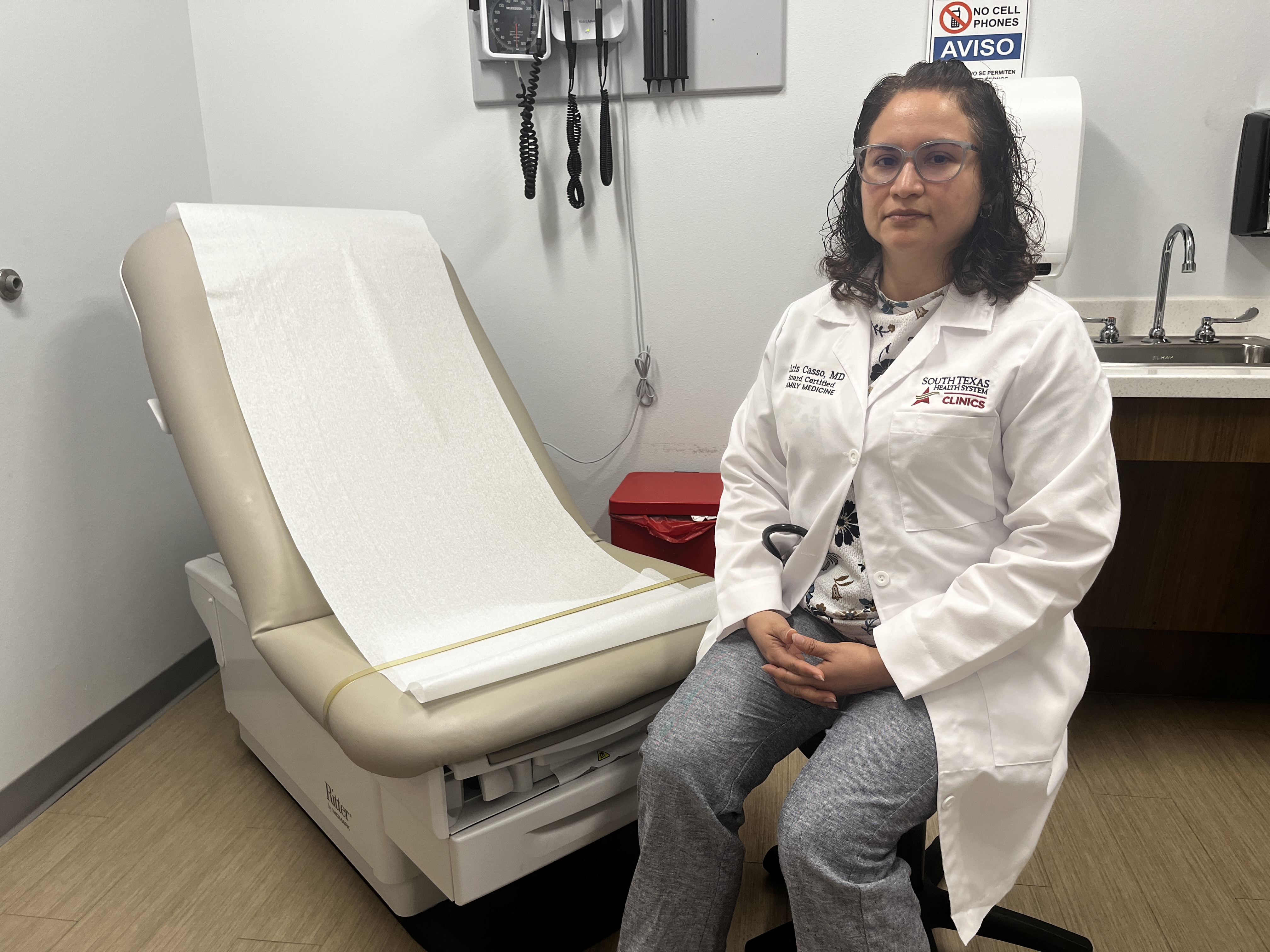2024 Uninsured Rate Held Steady, as ACA Marketplace Enrollment Offset Medicaid Declines
The ACA enhanced premium tax credit has driven growth in Marketplace enrollment and offset declines in Medicaid coverage, holding 2024’s 8% uninsured rate at its near-historic low, according to new Census Bureau data.



